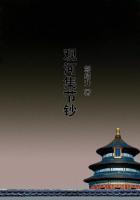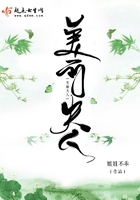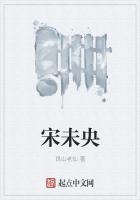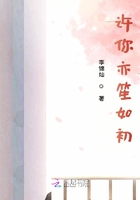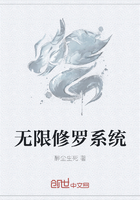The carters had left the inn long before Nekhludoff awoke. The landlady had had her tea, and came in wiping her fat, perspiring neck with her handkerchief, and said that a soldier had brought a note from the halting station. The note was from Mary Pavlovna.
She wrote that Kryltzoff's attack was more serious than they had imagined. "We wished him to be left behind and to remain with him, but this has not been allowed, so that we shall take him on; but we fear the worst. Please arrange so that if he should he left in the next town, one of us might remain with him. If in order to get the permission to stay I should be obliged to get married to him, I am of course ready to do so."
Nekhludoff sent the young labourer to the post station to order horses and began packing up hurriedly. Before he had drunk his second tumbler of tea the three-horsed postcart drove up to the porch with ringing bells, the wheels rattling on the frozen mud as on stones. Nekhludoff paid the fat-necked landlady, hurried out and got into the cart, and gave orders to the driver to go on as fast as possible, so as to overtake the gang. Just past the gates of the commune pasture ground they did overtake the carts, loaded with sacks and the sick prisoners, as they rattled over the frozen mud, that was just beginning to be rolled smooth by the wheels (the officer was not there, he had gone in advance).
The soldiers, who had evidently been drinking, followed by the side of the road, chatting merrily. There were a great many carts. In each of the first carts sat six invalid criminal convicts, close packed. On each of the last two were three political prisoners. Novodvoroff, Grabetz and Kondratieff sat on one, Rintzeva, Nabatoff and the woman to whom Mary Pavlovna had given up her own place on the other, and on one of the carts lay Kryltzoff on a heap of hay, with a pillow under his head, and Mary Pavlovna sat by him on the edge of the cart. Nekhludoff ordered his driver to stop, got out and went up to Kryltzoff. One of the tipsy soldiers waved his hand towards Nekhludoff, but he paid no attention and started walking by Kryltzoff's side, holding on to the side of the cart with his hand. Dressed in a sheepskin coat, with a fur cap on his head and his mouth bound up with a handkerchief, he seemed paler and thinner than ever. His beautiful eyes looked very large and brilliant. Shaken from side to side by the jottings of the cart, he lay with his eyes fixed on Nekhludoff; but when asked about his health, he only closed his eyes and angrily shook his head. All his energy seemed to be needed in order to bear the jolting of the cart. Mary Pavlovna was on the other side. She exchanged a significant glance with Nekhludoff, which expressed all her anxiety about Kryltzoff's state, and then began to talk at once in a cheerful manner.
"It seems the officer is ashamed of himself," she shouted, so as to be heard above the rattle of the wheels. "Bousovkin's manacles have been removed, and he is carrying his little girl himself.
Katusha and Simonson are with him, and Vera, too. She has taken my place."
Kryltzoff said something that could not be heard because of the noise, and frowning in the effort to repress his cough shook his head. Then Nekhludoff stooped towards him, so as to hear, and Kryltzoff, freeing his mouth of the handkerchief, whispered:
"Much better now. Only not to catch cold."
Nekhludoff nodded in acquiescence, and again exchanged a glance with Mary Pavlovna.
"How about the problem of the three bodies?" whispered Kryltzoff, smiling with great difficulty. "The solution is difficult."

